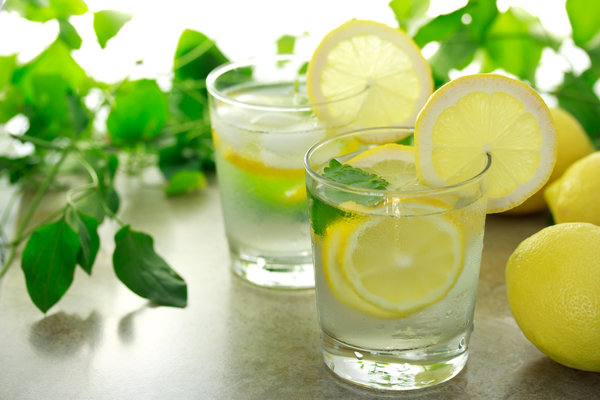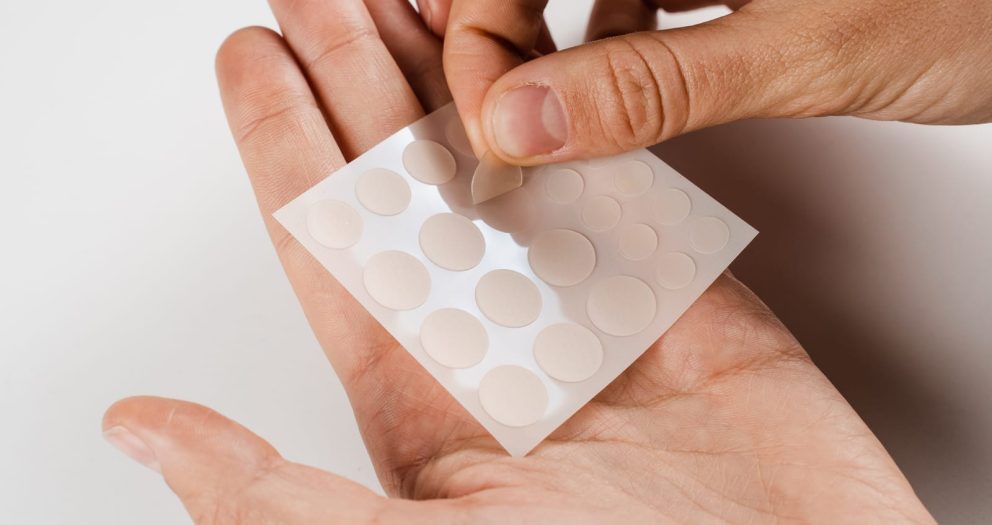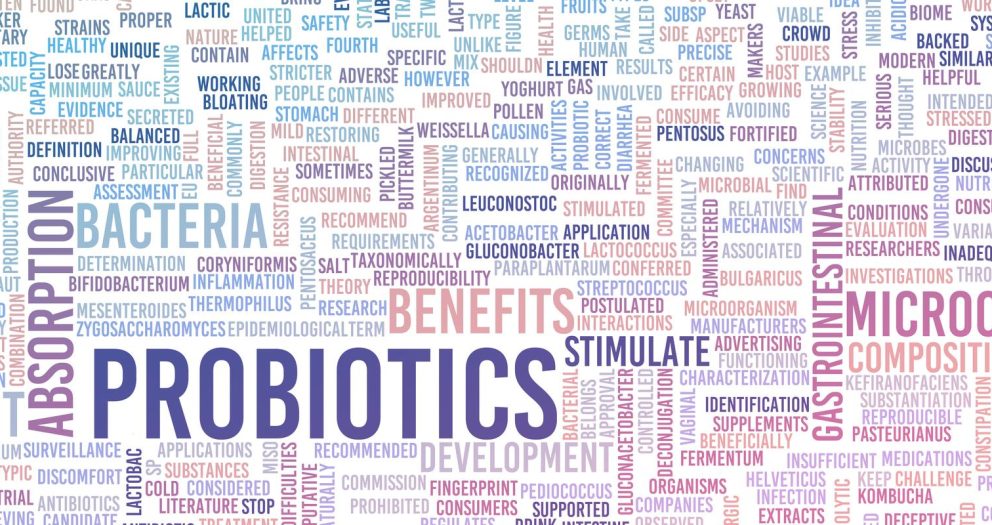Are you tired of dealing with stubborn acne that just won’t go away no matter what you try? Well, what if we told you that a simple drink might be the solution you’ve been searching for? Yes, you read that right – drinking lemon water has been touted as a natural remedy for acne.
Lemon water has gained popularity in recent years for its potential health benefits, including weight loss, digestion aid, and hydration. One of the reasons why lemon water is believed to have potential benefits for acne-prone skin is due to the presence of vitamin C. This vital nutrient is an antioxidant that can help fight free radicals and reduce inflammation, both of which can contribute to acne development.
But before you run to the kitchen and start squeezing lemons, let’s delve deeper into this topic. What is it about lemon water that could potentially help with acne? And is there any scientific evidence to back up these claims?
In this article, we’ll explore the relationship between lemon water and acne, uncovering the truth behind this popular remedy and whether it can really get rid of acne once and for all.
Does Drinking Lemon Water Reduce Acne?
Lemon water is a beverage made by mixing fresh lemon juice with water, usually at room temperature or warm. This drink has gained popularity in recent years due to its potential health benefits, including weight loss, hydration, and immune system support. However, what sets lemon water apart from other drinks is its unique composition, which may impact acne-prone skin in particular.
Nutritional Value of Lemon Water
Lemon water is low in calories, with approximately 6 calories per fluid ounce. It is also a good source of vitamin C, containing about 30 mg of this nutrient per fluid ounce.
Vitamin C is an essential nutrient that cannot be produced by the body, meaning it must be obtained through the diet or supplements. Vitamin C plays a crucial role in many bodily processes, including collagen synthesis, wound healing, and immune function.
In addition to vitamin C, lemon water also contains small amounts of other vitamins and minerals, such as potassium, folate, and vitamin B6. While these nutrients are not present in high amounts, they still contribute to the overall nutritional value of lemon water.
Active Components of Lemon Water that May Impact Acne
Aside from its nutritional content, lemon water also contains several active components that may benefit acne-prone skin. These include citric acid, flavonoids, and other plant compounds.
Citric acid is a natural alpha-hydroxy acid (AHA) that is commonly used in skincare products due to its exfoliating properties.
AHAs work by dissolving the bonds between dead skin cells, allowing them to be easily removed from the skin’s surface. This process can help unclog pores and prevent the formation of acne lesions.
Flavonoids, on the other hand, are antioxidants that can help fight free radicals and reduce inflammation. Inflammation is a key factor in acne development, as it can trigger the production of excess sebum, a type of oil that can clog pores and lead to pimples. By reducing inflammation, flavonoids may help alleviate acne symptoms.
Other plant compounds found in lemon water, such as limonene and beta-carotene, also have potential benefits for the skin. Limonene is a natural terpene that has been shown to have anti-inflammatory and antimicrobial properties, which can be useful in managing acne.
Beta-carotene, on the other hand, is a precursor to vitamin A, a nutrient that is essential for skin health.
Citric Acid, Antioxidants, and Other Compounds that Can Help Fight Acne
In summary, lemon water contains several active components that may impact acne-prone skin. Citric acid, flavonoids, limonene, and beta-carotene are just a few examples of these compounds, each with their own unique benefits.
While the exact mechanisms behind how these compounds work on the skin are not fully understood, incorporating lemon water into your diet may provide additional support for clearer, healthier skin.
Scientific Evidence for the Use of Lemon Water for Acne
While anecdotal evidence and personal testimonials suggest that lemon water may be effective in reducing acne, there is limited scientific research on this topic. However, some studies have investigated the potential benefits of lemon and its components for the skin, which may offer insights into the use of lemon water for acne.
Citric Acid and Acne
One study published in the Journal of Drugs in Dermatology investigated the effects of citric acid on acne-prone skin. In this study, 22 volunteers with mild to moderate acne applied a citric acid-based cleanser twice a day for 4 weeks. The results showed a significant reduction in acne lesions, as well as improvements in skin texture and tone.
While this study did not use lemon water specifically, it suggests that citric acid may have beneficial effects on acne-prone skin. Lemon juice is a natural source of citric acid, and may therefore offer similar benefits. However, it’s important to note that citric acid can be irritating to some skin types, and should be used with caution.
Vitamin C and Acne
Another study published in the Journal of Clinical and Aesthetic Dermatology investigated the effects of vitamin C on acne. In this study, 60 volunteers with mild to moderate acne were given a daily supplement containing vitamin C for 12 weeks. The results showed a significant reduction in acne lesions, as well as improvements in skin texture and tone.
While this study did not use lemon water specifically, it suggests that vitamin C may have beneficial effects on acne-prone skin. Lemon water is a natural source of vitamin C, and may therefore offer similar benefits.
Limonene and Acne
A study published in the Journal of Cosmetic Science investigated the effects of limonene on acne-prone skin. In this study, 11 volunteers with acne applied a cream containing 1% limonene twice a day for 8 weeks. The results showed a significant reduction in acne lesions, as well as improvements in skin texture and tone.
While this study did not use lemon water specifically, it suggests that limonene may have beneficial effects on acne-prone skin. Lemon juice contains limonene, and may therefore offer similar benefits.
Risks and precautions
While lemon water is generally safe to drink and use on the skin, there are a few risks and precautions to be aware of when using lemon juice for acne.
Skin Sensitivity
Lemon juice is acidic and can be irritating to some skin types. It is important to test a small patch of skin before using lemon juice on the entire face. If you experience redness, itching, or irritation, discontinue use immediately.
Sun Sensitivity
Lemon juice can also increase skin sensitivity to the sun. It is recommended to avoid sun exposure or use sunscreen when using lemon juice on the skin.
Staining
Lemon juice can stain clothing and fabrics. It is recommended to avoid wearing light-colored clothing when using lemon juice on the skin.
Tooth Enamel Erosion
Drinking lemon water can also have negative effects on dental health. Lemon juice is acidic and can erode tooth enamel over time. It is recommended to drink lemon water through a straw and rinse the mouth with water afterward to minimize the risk of tooth damage.
Allergic Reactions
Some individuals may be allergic to lemons and may experience allergic reactions such as hives, swelling, or difficulty breathing. It is important to seek medical attention immediately if you experience any of these symptoms.
In summary, while lemon water and lemon juice may offer potential benefits for acne-prone skin, it is important to be aware of the risks and precautions associated with its use.
If you experience any negative side effects or have any concerns, it is recommended to consult with a healthcare professional before continuing use.






